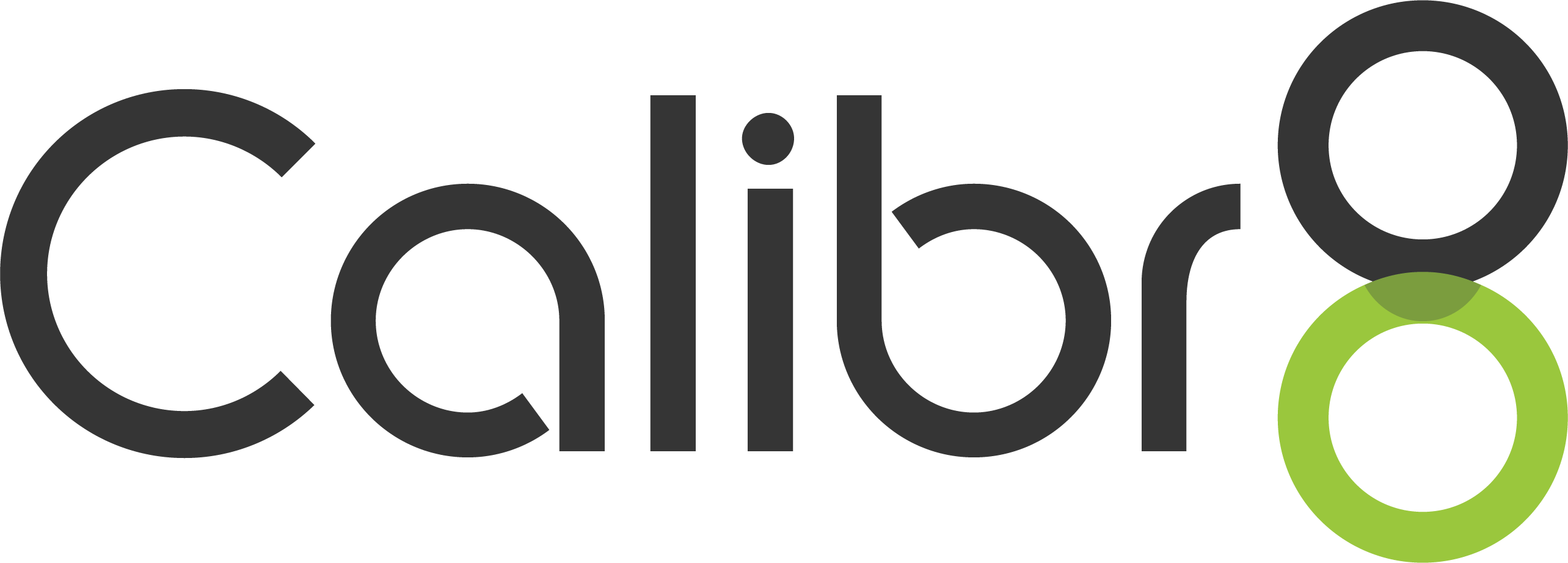In the bustling landscape of the insights industry, researchers embark on a perpetual quest for the holy grail: accurate, reliable data. Picture this: you’re delving into a market research project, armed with surveys, focus groups, and analytics tools. But as you traverse this landscape, you encounter treacherous terrains—quality challenges that threaten the integrity of your insights. Fear not, fellow researcher, for this post will illuminate the path toward overcoming these obstacles, empowering you to navigate the intricacies of data quality challenges in the insights industry.
Understanding Quality Challenges

Quality challenges loom large in the realm of insights, posing formidable barriers to researchers seeking robust data. Let’s dissect these challenges:
Survey Fatigue: A Persistent Predicament
Survey fatigue plagues respondents, diminishing data quality. According to a recent study by Pew Research Center, 72% of respondents reported feeling overwhelmed by the sheer volume of surveys they receive
Sampling Bias: The Silent Saboteur
Sampling bias distorts results, skewing insights. Research from Stanford University reveals that online surveys tend to underrepresent certain demographics, leading to biased conclusions.
Strategies for Overcoming Quality Challenges

Armed with insights into these challenges, researchers can deploy targeted strategies to fortify their data quality:
Diversify Data Collection Methods
Embrace a multi-pronged approach, integrating surveys, interviews, and observational studies. By diversifying data collection methods, researchers can mitigate the impact of survey fatigue and sampling bias.
Implement Robust Sampling Techniques
Employ stratified sampling techniques to ensure representative sample populations. By segmenting the target audience based on relevant demographics, researchers can attenuate the effects of sampling bias.
How The Logit Group Can Help
In the quest for quality assurance, researchers can enlist the support of industry partners like The Logit Group. With our suite of solutions, including advanced sampling methodologies and innovative survey design, we empower researchers to surmount quality challenges with confidence. By leveraging our expertise and cutting-edge technologies, researchers can elevate the caliber of their insights, forging ahead in the ever-evolving landscape of the insights industry.
Conclusion: Charting a Course Towards Quality Excellence
As researchers navigate the labyrinthine terrain of the insights industry, quality assurance emerges as the lodestar guiding their endeavors. By confronting survey fatigue, combating sampling bias, and embracing innovative methodologies, researchers can chart a course towards excellence in data quality. So, fellow voyagers, I leave you with a question: How will you steer your research endeavors towards unparalleled quality and precision?
FAQs
Researchers can uphold data privacy and security by implementing stringent protocols such as encryption, anonymization, and secure data storage systems. Additionally, partnering with reputable data collection agencies can provide assurances regarding compliance with data protection regulations.
Yes, certain industries or sectors may exhibit higher susceptibility to sampling bias, particularly those with niche demographics or elusive target populations. Researchers can address this by employing tailored sampling techniques, leveraging industry expertise, and validating sample representativeness through rigorous testing and analysis.
Technological advancements play a pivotal role in enhancing data quality and mitigating challenges in the insights industry. Emerging trends include the adoption of artificial intelligence and machine learning for data analysis, automation of survey processes to minimize human error, and the integration of blockchain technology for enhanced data security and transparency.
Have a project that you’re looking to field?
Logit can help. Just fill out the form below and a Logit Group team member will be in contact with you shortly. Get a quote today.








